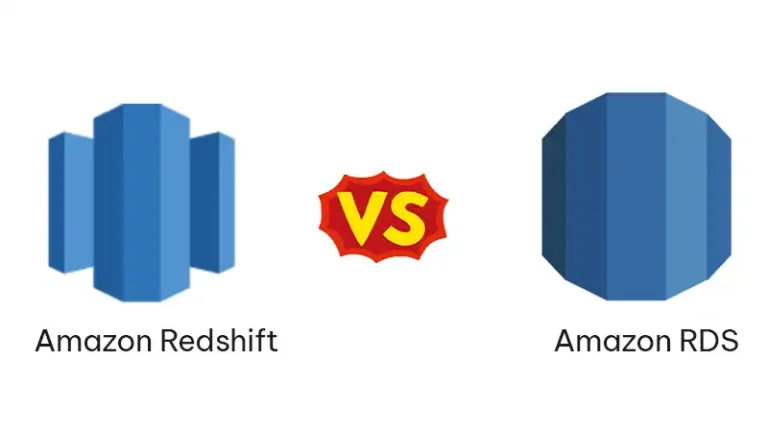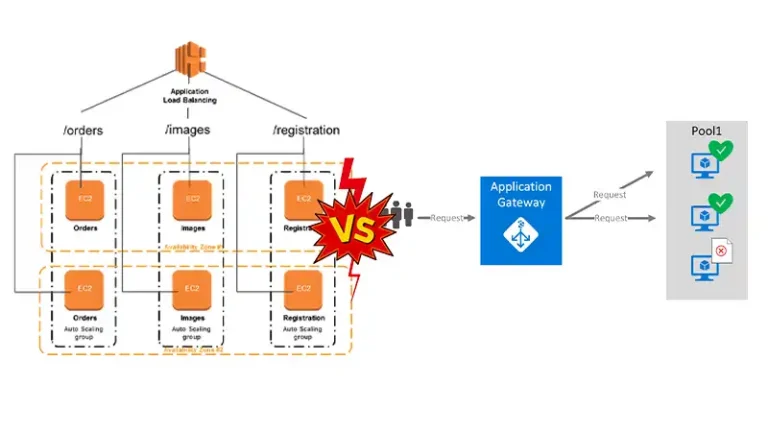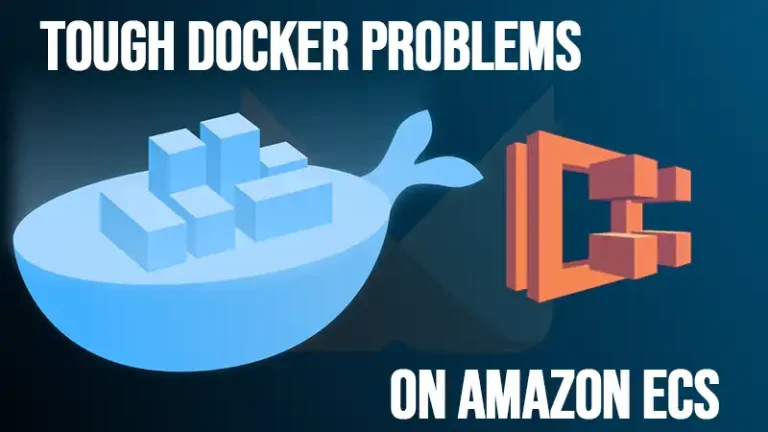Can I Use VPC on VPN? Easy Explanation
The combination of Virtual Private Clouds (VPCs) and Virtual Private Networks (VPNs) has become a crucial issue of discussion in the constantly changing world of cloud computing and networking. When combined, these two potent technologies provide a solid platform for building safe and adaptable network architectures.
You can use VPC on VPN by following popular VPN connectivity options. In this article, we’ll delve into the combination of these technologies and illuminate the many benefits that this synergy offers to contemporary cloud computing scenarios.
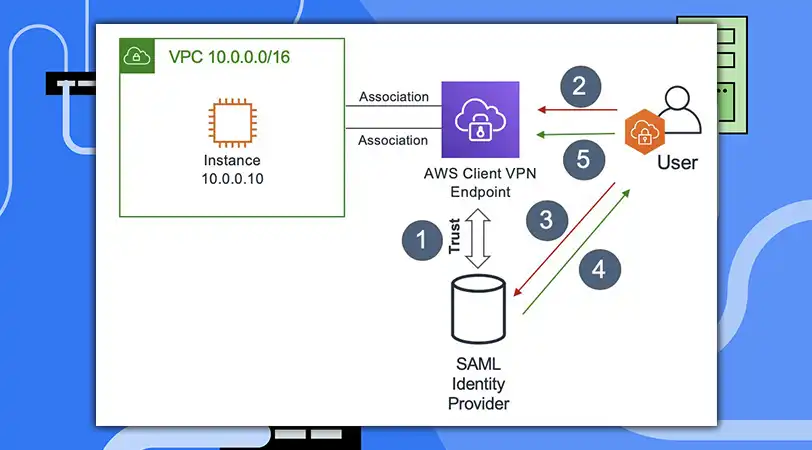
What are the Considerations for Employing a VPC on a VPN
There are a few considerations to bear in mind if you’re thinking about employing a VPC on a VPN. They are listed below.
Cost
Setting up and maintaining VPNs can be pricey. The price of the VPN hardware and software as well as any bandwidth used must be taken into account.
Complexity
Setting up and managing VPNs can be challenging. To successfully set up and maintain a VPN, you’ll need a solid grasp of networking principles.
Performance
VPNs may have a negative effect on performance. This is due to the fact that VPNs encrypt and decrypt every traffic, which might burden your network with extra work.
What are the Benefits of Using a VPC on a VPN
Some benefits of using a VPC on a VPN are given here.
Security
Your VPC can be protected against unauthorized access with the use of a VPN. A VPN can make it harder for hackers to intercept or alter your data by encrypting all traffic between your VPC and the distant network.
Scalability
Your VPC can grow with the aid of a VPN. You can provide your users access to more resources by connecting your VPC to other networks, such as your on-premises network or other VPCs.
Flexibility
You can construct and administer your VPC with more freedom if you use a VPN. For instance, you can link your VPC to a cloud service provider other than AWS using a VPN.
How Can I Use a VPN to Connect to a VPC?
An exclusive virtual network for your AWS account is known as a VPC. You can launch AWS services into a defined virtual network thanks to the isolated and private network resources it offers within the AWS cloud. Contrarily, a VPN is a piece of technology that enables you to extend a private network over a public network, such as the Internet.
Through an encrypted connection, a VPN allows secure communication between distant networks or single devices. You can securely connect the networks of your on-premises network or the networks of other cloud providers to the resources inside your VPC by using a VPN and a VPC. The two primary methods for doing this are given below.
Site-to-Site VPN
This kind of VPN links your on-premises network and VPC together. The resources in your VPC can then be accessed from your on-premises network and vice versa. You must set up a virtual private gateway (VGW) in your VPC and a customer gateway device on your on-premises network in order to configure a site-to-site VPN.
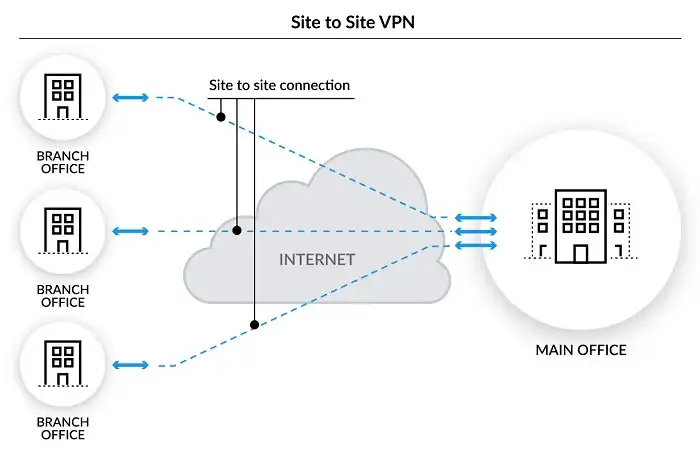
Client VPN
With this kind of VPN, users can connect from remote devices to your VPC. This is helpful for employees who work remotely or who frequently need to access resources in your VPC. You must construct a Client VPN endpoint in your VPC in order to configure a Client VPN.
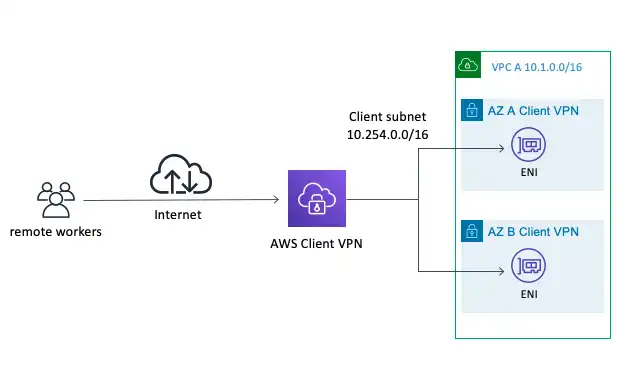
Questions You May Ask
Can I Use a VPN to Connect More Than One VPC?
It is feasible to use VPN connections to connect numerous VPCs. This helps to unify the network environment across various availability zones or geographies.
Do Cloud Service Providers Offer Any Particular VPN Services for VPC Integration?
Yes, a lot of cloud service providers, like AWS, provide managed VPN services that are specifically designed to integrate with VPCs. These services make it easier to establish safe connections between a VPC and outside networks.
Are There Any Conceivable Difficulties or Restrictions When Using Vpc on Vpn?
Despite the fact that the integration has many advantages, there may be some difficulties, such as managing costs related to data transfer through the VPN and correctly establishing the VPN settings.
Conclusion
Secure and adaptable network solutions are made possible by integrating VPCs and VPNs. By bridging networks, this integration ensures connectivity and data security. Embracing this interaction results in a cloud infrastructure that is more adaptable and durable.

